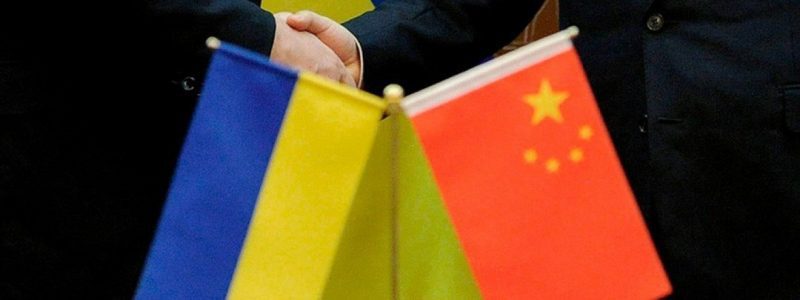
Some Chinese companies cooperate with Crimea on market principles, based on historical ties and practical needs, and such commercial activities should not be politicized, Chinese Foreign Ministry Spokesperson Zhao Lijian has said.
“China’s position on the Crimea issue is consistent. We hope relevant sides can properly address the issue through dialogue and consultation. Some Chinese companies, based on historically-established ties and practical needs, conduct exchanges and cooperation with Crimea on the basis of market principles. Such commercial activities should not be politicized,” he said at a press conference, the content of which was published on the website of the Chinese Foreign Ministry.
Thus, the spokesperson commented on the visit of the Chinese delegation to Crimea and the statement of Ukrainian MP from the Opposition Platform – For Life faction Vadym Rabinovych that this is “China’s retaliatory move in connection with Ukraine’s position on Motor Sich.”
As reported, President of Ukraine Volodymyr Zelensky, by decision of the National Security and Defense Council (NSDC), on January 29 imposed sanctions on Chinese citizen Wang Jing and related Beijing Xinwei Technology Group Co., Ltd; Beijing Skyrizon Aviation Industry Investment Co., Ltd (both are based in Beijing); Skyrizon Aircraft Holdings Limited (British Virgin Islands) and Hong Kong Skyrizon Holdings Limited (Hong Kong), which in recent years have been trying to implement the rights of PJSC Motor Sich shareholders, who are placed on the sanctions list of Ukraine.
According to the decision of the NSDC and Zelensky decree No. 29 dated January 28, 2021, the sanctions imposed for three years provide, in particular, the blocking of assets, restriction of trade operations, partial or complete cessation of the transit of resources, flights and transportation across the territory of Ukraine. Other restrictions include preventing the withdrawal of capital from Ukraine, a complete ban on transactions with securities of which they are issuers, and a ban on the purchase of enterprises in Ukraine. The list of sanctions also includes a ban on increasing the size of the charter capital of business entities in which sub-sanctioned persons own 10% or more, and cancellation of official visits, meetings, negotiations on the conclusion of contracts or agreements.